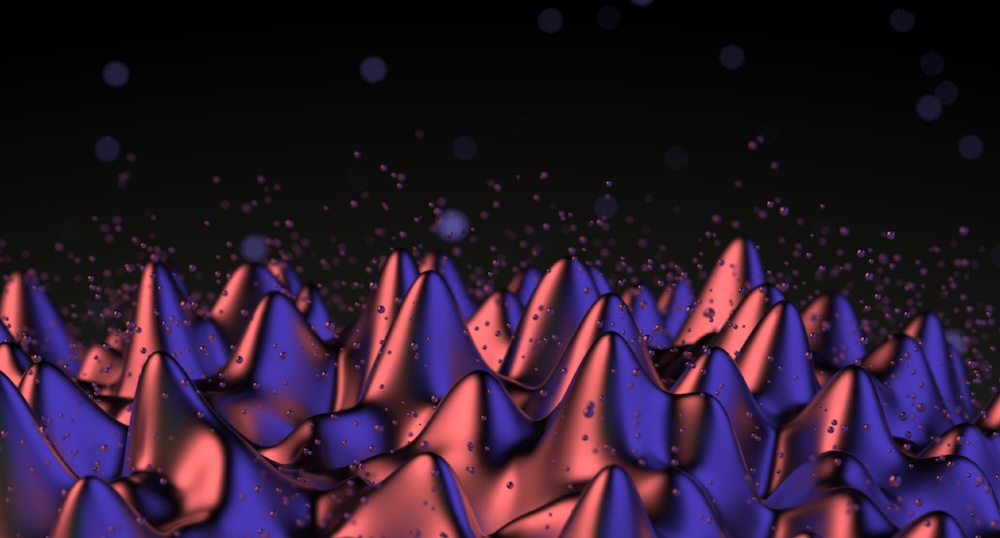Publication in “Nature” by MATH+ and RKI Scientists: Model Calculates Susceptibility to SARS-CoV-2 Variants in Different Countries

A novel mathematical model, developed by scientists from the Robert Koch Institute (RKI) and MATH+ at Freie Universität Berlin, can be used to calculate how many people in a given region are susceptible to different SARS-CoV-2 variants over a specific period. The model has been published in the journal Nature under the title “SARS-CoV-2 Evolution on a Dynamic Immune Landscape.“
The Impact of SARS-CoV-2 Variants on Immunity and Reinfection
A SARS-CoV-2 infection triggers various immune responses, including the production of neutralizing antibodies, which can help protect individuals from reinfection. However, since the beginning of the COVID-19 pandemic, the virus has continuously evolved, giving rise to novel variants. Due to genetic changes, these variants may evade pre-existing immunity and neutralization by antibodies, making reinfection possible.
The authors demonstrated that the ability of an emerging variant to spread effectively within a population depends on the region’s prior infection history and the variants involved, as these shape the population’s collective immunity.
Modeling and Predicting Variant Dynamics
The model integrates large-scale genetic data on different SARS-CoV-2 variants, the pharmacokinetic properties of corresponding antibodies, and data from Integrated Genomic Surveillance across various countries and regions. Based on this information, the researchers successfully reconstructed the dynamics and variations of past COVID-19 waves in different countries.
According to the scientists, the model can also help predict the future circulation of variants and estimate the proportion of susceptible individuals in specific regions. It supports risk assessment of SARS-CoV-2 variants in different contexts and provides valuable insights for COVID-19 vaccine development.
Both first authors, N. Alexia Raharinirina and Nils Gubela from Freie Universität Berlin, were funded by MATH+ through the projects ”Effective Stochastic Simulation of Adaptive AB Models” (EF45-2) and “Heterogeneous Data Integration to Infer SARS-CoV-2 Variant-Specific Immunity for Risk Assessment and Vaccine Design” (EF6-1). In addition to several researchers from the RKI, the publication also includes contributions from MATH+ Chair Claudia Schillings and MATH+ Professor Max von Kleist (RKI), both from Freie Universität Berlin.
LINKS:
- Nature publication: DOI https://doi.org/10.1038/s41586-024-08477-89
- Max von Kleist’s research group

